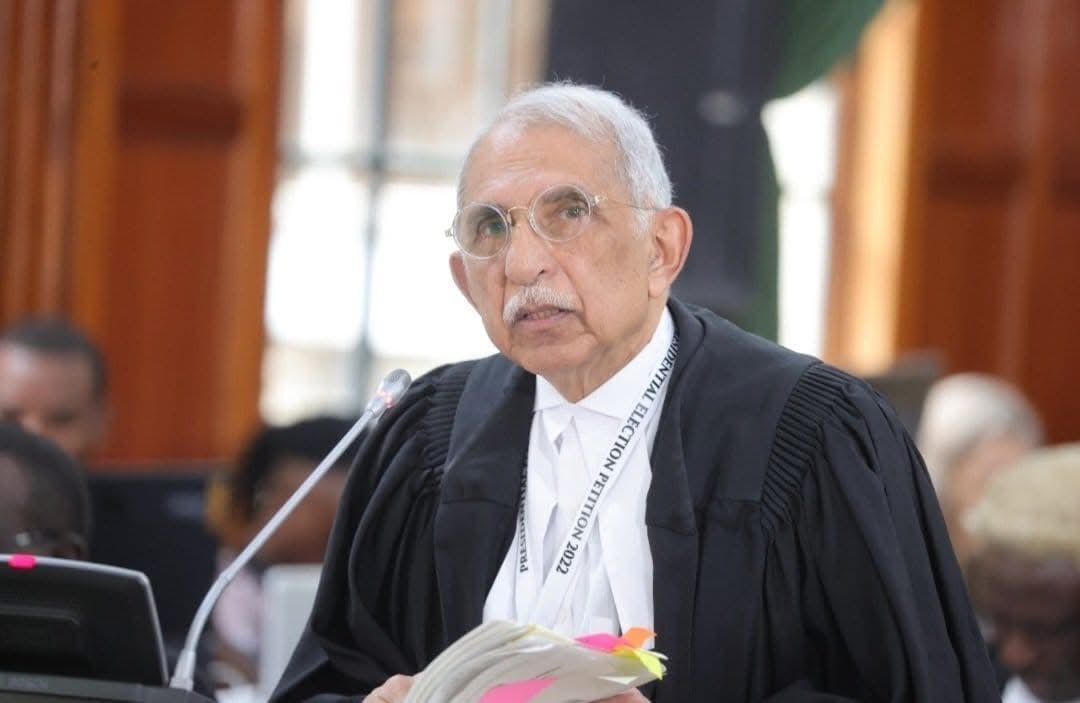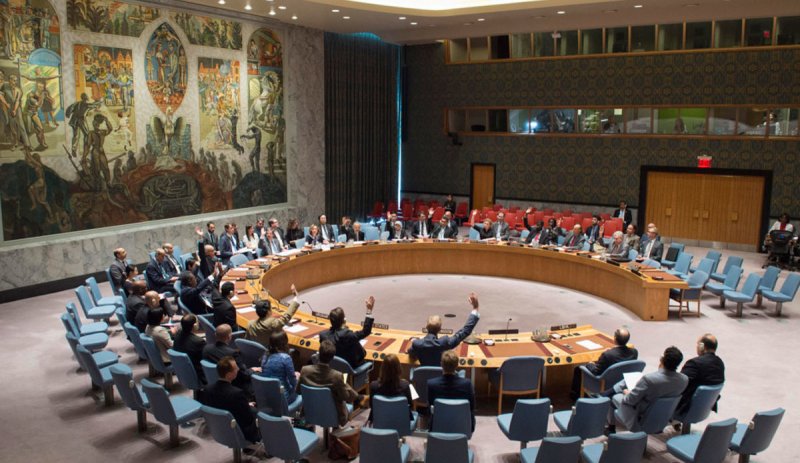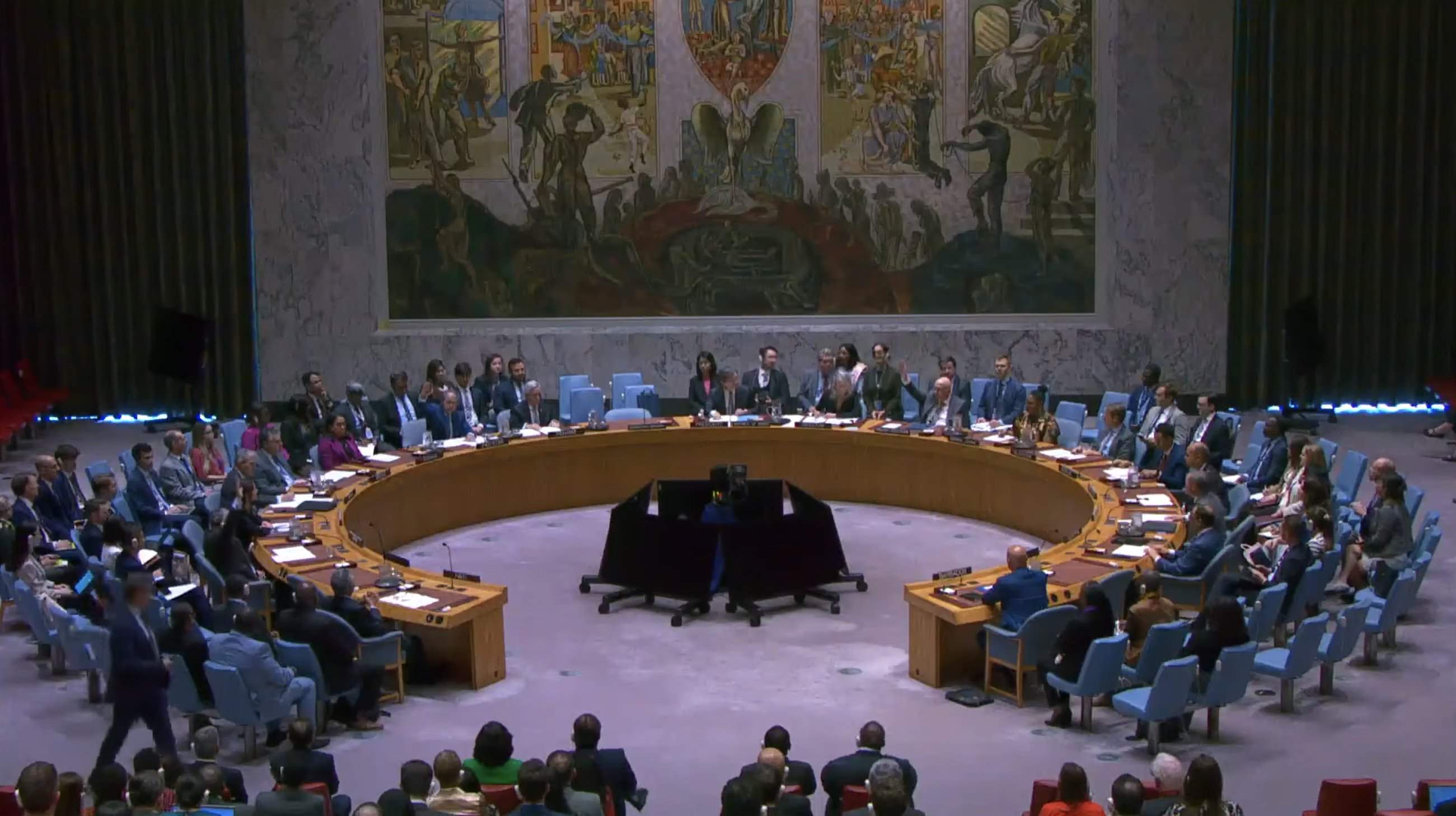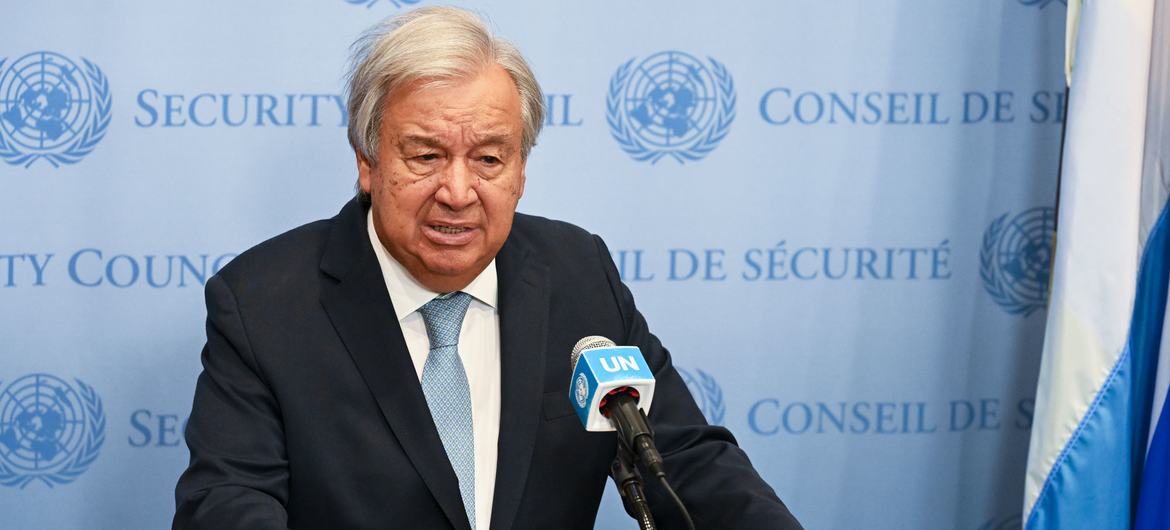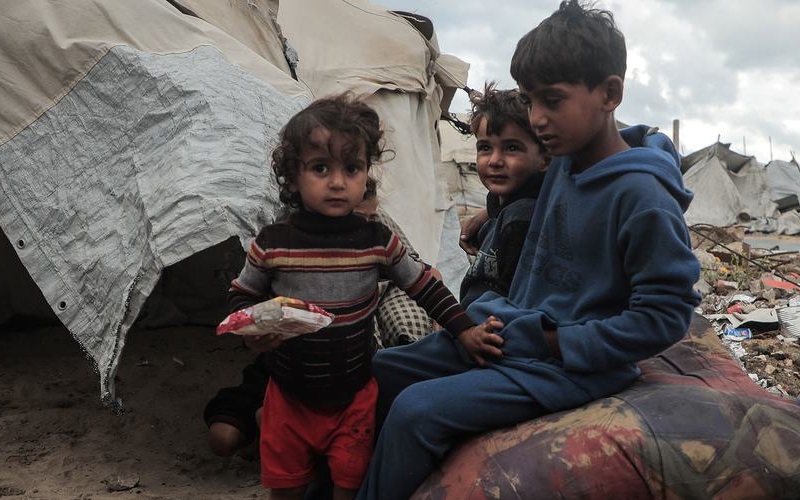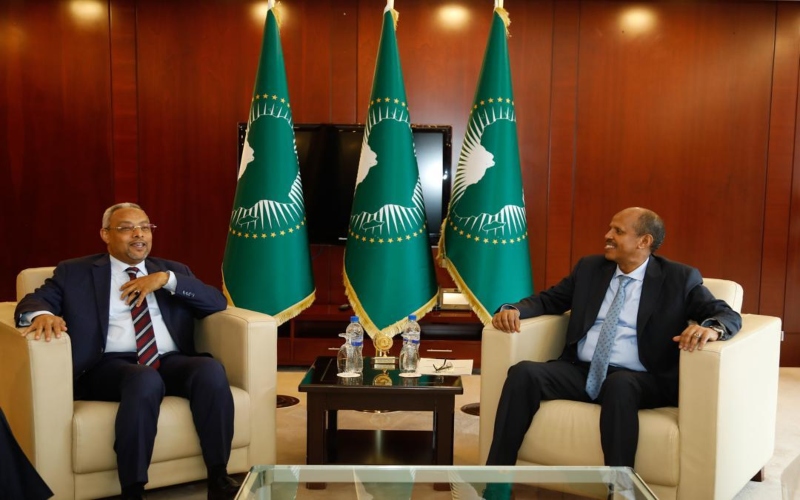Ruto flags off 400 Kenyan police officers to Haiti amid secrecy and controversy
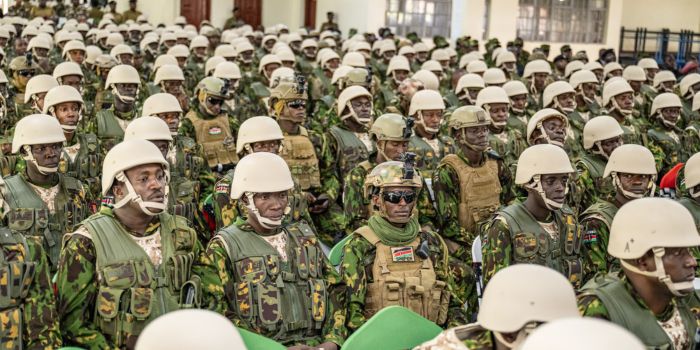
This significant undertaking was shrouded in secrecy, with no media invited to cover the event that has attracted nationwide and worldwide condemnation.
Kenyan President William Ruto flagged off 400 Kenyan police officers on Monday afternoon for a peace enforcement mission in Haiti.
This significant undertaking was shrouded in secrecy, with no media invited to cover the event that has attracted nationwide and worldwide condemnation.
More To Read
- UN Security Council adopts resolution to strengthen youth role in peace and security
- Police officers returning from Haiti to be honoured at Jamhuri Day parade
- 230 Kenyan police officers arrive in Port-au-Prince to reinforce UN-backed GSF
- Kenyan police officers in Haiti to return home after year-long deployment
- Record cocaine seizure in Haitian waters underlines country’s ‘pivotal’ trafficking role
- FKF Premier League: Homeboyz, Ulinzi, and Police seek crucial wins
This deployment comes amid accusations against the Kenyan police of violence, including the killing of innocent and peaceful protesters during the recent finance bill protests in Nairobi.
The Kenyan officers will lead a 2,500-member multinational security support mission to the volatile Caribbean nation.
The mission, first approved by the United Nations Security Council in October last year, has faced delays due to financial constraints and court challenges.
Haiti has experienced some of its deadliest violence in recent years.
According to the U.N., more than 2,500 Haitians have been killed or injured since January, and an additional 90,000 people in gang-controlled Port-au-Prince have been forced from their homes, bringing the total number of displaced Haitians to over 360,000 in the past three years.
Kenya has solid credentials in peace-making and conflict resolution globally. Our police officers' presence in Haiti will give relief to the men, women and children whose lives have been broken by gang violence. We will work with the international community to bring lasting… pic.twitter.com/Org9RWzViV
— William Samoei Ruto, PhD (@WilliamsRuto) June 24, 2024
A Haiti-based lobby group, the Movement Unforgettable Dessalines Jean Jacques (MUDJJ), wrote to the United Nations Human Rights Council to express its profound concern over recent incidents of police brutality in Kenya.
The letter highlighted the Kenyan police's harsh treatment of peaceful protesters, journalists, and civil society activists during demonstrations against the Finance Bill in Nairobi on Tuesday, June 18. The lobby fears these actions could set a troubling precedent for the upcoming deployment of Kenyan forces in Haiti.
"We have observed with dismay the harassment of journalists while performing their duties, the use of teargas against peaceful protesters, and the arrest of activists such as Hanifa Farsafi, who were exercising their rights in response to the financial bill of 2024 imposed by President Ruto," MUDJJ stated in their letter.
Death of protester
Peaceful protests that continued through Thursday in various Kenyan cities saw police injure, maim, and kill one protester, who was shot by a plainclothes police officer.
The late 29-year-old Rex Kanyike Masai left his home on Thursday morning and anticipated joining hundreds of youths exercising their democratic rights to protest against the Finance Bill.
Like other young protesters, he joined demonstrations in Nairobi’s Central Business District titled ‘Occupy Parliament’ and faced the police head-on. He passed away on the same day, with his parents attributing his death to a bullet wound in his thigh.
This incident has potentially tarnished the image of the country and the police, who were accused of killing an innocent victim who was opposing high taxation policies imposed by President William Ruto's regime.
The lobby group emphasised its concern that the conduct of the Kenyan police in handling domestic protests might foreshadow similar oppressive tactics being used against the Haitian people once Kenyan forces are deployed as part of a multinational security support (MSS) force.
This deployment, backed by the United Nations Security Council and the current democratic government of the United States, aims to stabilise the security situation in Haiti.
"Our concern extends beyond the borders of Kenya, as we are deeply troubled by the potential implications this behaviour may have on the people of Haiti," MUDJJ wrote to the UN body based in Geneva.
“Given the recent examples of police brutality in Kenya, we fear that similar oppressive tactics could be employed against the Haitian people."
MUDJJ called on the United Nations Human Rights Council, Amnesty International, and the African Union (AU) to scrutinise the United States government and the UN Security Council regarding the MSS deployment in Haiti.
The group stressed the importance of ensuring that the deployed forces adhere to the values of human rights and justice.
"It is crucial to ascertain whether these actions will align with the values of human rights and justice and if such behaviour would be acceptable if directed towards American citizens," the letter asserted.
"The world belongs to all human beings, and no single group should have the privilege to live free at the expense of others. The Haitian people, like all people, deserve to live in freedom and dignity."
Top Stories Today

